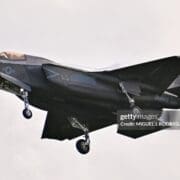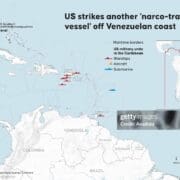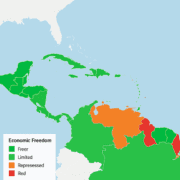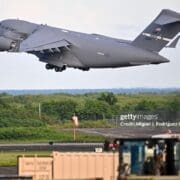Feel-Good New Music Friday: Incredible Caribbean Releases from Alborosie, Honorebel & More
News Americas, NEW YORK, NY, Fri. Oct. 25, 2025: This New Music Friday, the Caribbean once again proves its boundless creativity, with new releases spanning reggae, soca, dancehall, and dub. From Alborosie’s Nine Mile to Honorebel’s high-energy remix featuring Alison Hinds, this week’s lineup showcases the rhythm, innovation, and cross-cultural flair that define modern Caribbean music.
Alborosie Returns With “Nine Mile” – A Global Reggae Journey
Reggae icon Alborosie is back with Nine Mile, his ninth studio album — a rich blend of roots reggae, dub, bossa nova, and 80s rock. The record honors the influence of legends like Bob Marley, Jimmy Cliff, Johnny Osbourne, and Augustus Pablo, while also exploring new sounds shaped by Alborosie’s global touring and collaborations.
Led by the singles “Come My Way” and “Trench Town Legend,” the album cements his legacy as one of reggae’s most innovative and authentic voices.
Stream here: Alborosie – Nine Mile
Honorebel, Alison Hinds & Ackah Dan Ignite Soca with “Roll Your Waist Remix”
Honorebel makes his Soca debut with “Roll Your Waist Remix,” featuring Queen of Soca Alison Hinds and multi-talented producer Ackah Dan.
Released under Phantom Music Group/Zojak Worldwide, the track blends Afro-Caribbean rhythms and Carnival energy with Alison’s signature spice and Honorebel’s global appeal.
With over 2.2 million YouTube views on the original track, the remix takes things higher — a celebration of Caribbean unity and creativity.
Stream now: Roll Your Waist Remix
“This song embodies the energy of Soca, the excitement of Carnival, and the unity of Caribbean culture,” Honorebel says.
The track will appear on Honorebel’s upcoming album Winner Circle (February 2026) and his 15th studio release in summer 2026.
Pablo YG Speaks Truth with “Fight and Lose”
Dancehall newcomer Pablo YG continues to impress with “Fight and Lose,” a powerful track tackling violence, corruption, and youth struggle. Produced by Tevin “YGF” Richards, the single follows “Celebration” with Jah Villani and “Maui Wowie” from his forthcoming debut album Key to the Century.
Blindman Brings Hope with “Be Strong”
Roots reggae artist Blindman delivers a heartfelt anthem with “Be Strong,” featuring a powerhouse lineup that includes Aston Barrett Jr., Donald Kinsey, and Rica Newell — names synonymous with the Marley legacy.
Mixed by Josh Gannet, known for work with Wu-Tang Clan, Eric Clapton, and Keith Richards, the track blends generations of reggae artistry with a universal message of perseverance.
Nailah Blackman Ushers in the 2026 Soca Season
Trinidadian star Nailah Blackman is back with “As A Friend,” produced by Hang Jack and co-written with Mical Teja. Recorded at 47 Productions, the track delivers a modern Soca groove that blends emotional storytelling with infectious rhythm – the perfect start to the 2026 season.
Omaiah Hall Drops Feel-Good Soca Vibes
Emerging artist Omaiah Hall debuts “Happy Feeling,” her first contribution to the 2026 Soca lineup – a bright, upbeat anthem celebrating Caribbean joy and positivity.
Omaiah Hall drops Happy Feeling.
Ras Teo Brings Deep Roots Dub Energy
Roots defender Ras Teo follows up last month’s hit “Deh Pon Dem” with “Deh Pon Dem in Dub.” Produced by Zion I Kings and released via Forward Bound Records, the seven-track album transforms his conscious reggae sound into a meditative dub experience rich in spiritual texture and sonic depth.
The Beat Goes On
From roots reggae to Soca remixes, dub to dancehall anthems, this New Music Friday celebrates the pulse of the Caribbean – where rhythm, resistance, and joy converge. Each artist brings a fresh chapter to the region’s ever-evolving soundscape, reminding the world that Caribbean music doesn’t follow trends – it sets them.









